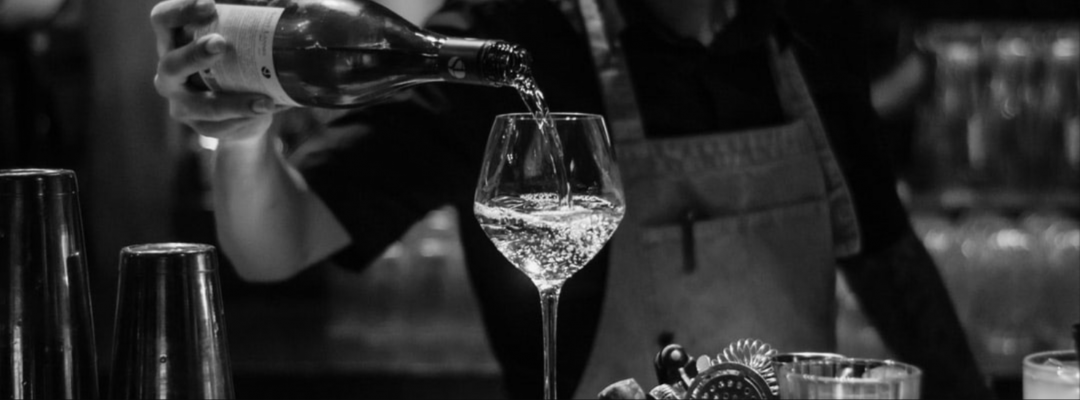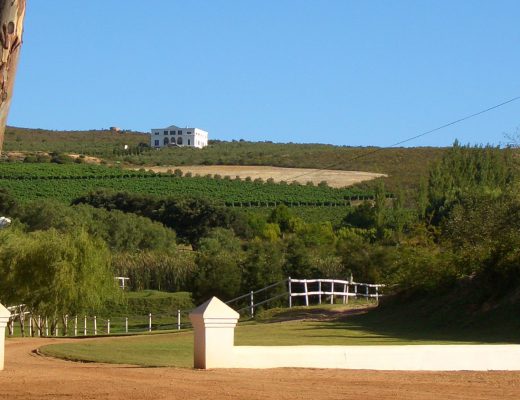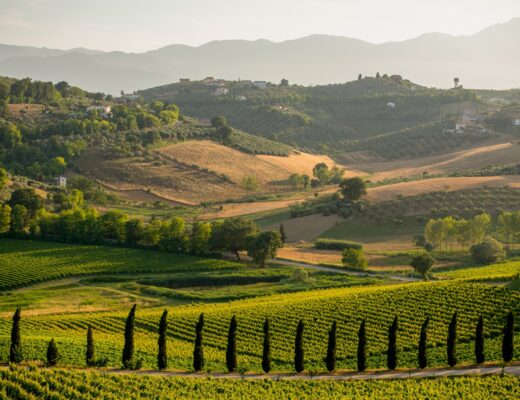I live in a city awash with natural wine fanatics. I am a little less ardent in my appreciation. That is not to say there aren’t scores of natural wines that I like. There are. I found a whole lot to love at the Raw Wine show in Montréal last week.
The natural wine movement has done a lot for the world of wine. It has encouraged wineries of all sizes and doctrines to re-think their winemaking methods and decrease the quantity of potentially unnecessary additives. It has pushed the boundaries of experimentation in the vineyards and cellar. It has created new wine styles, offering consumers greater vinous choice. And it has yielded some fabulous, passionate advocates that do a great job educating wine lovers.
Unfortunately, it has also spawned a generation of natural wine fanatics; a breed of super fans that range from tiresomely vocal enthusiasts to closed minded zealots.
…the judgmental attitude of die-hard natural wine fanatics is doing a disservice to the entire natural wine movement.
Psychologist Jeremy Sherman, PhD describes fanatics as “…people who indulge in a heady, intoxicating and toxic concoction of self-affirming, know-it-all confidence that they have unique access to absolute truths, truths so perfect that they have to impose them on everyone.” It is exactly this mentality that makes me wary each time I enter a natural wine heavy establishment.
In my opinion, the judgmental attitude of die-hard natural wine fanatics is doing a disservice to the entire natural wine movement – alienating, rather than welcoming, potential new consumers. In some quarters, there is almost a school yard mentality at play. Drinkers of anything other than natural wines are looked down on like kids on a playground wearing unfashionable clothes.
I remember being in a Parisian wine bar eight years ago politely listening to the sommelier expounding his theories on the superiority of natural wines. He insisted on choosing our wines for us all night long. We made the appropriate noises, nodded, smiled, and on our way out, understanding that we were in the wine trade, he asked where we worked. We named the winery. His look of disgust was almost farcical. And he said, his words dripping with disdain, “Oh, I’ve heard of them. They’re conventional“.
…drinkers of anything other than natural wines are looked down on like kids on a playground wearing unfashionable clothes.
The urge natural wine fanatics feel to evangelize is frankly just irritating. If I dare to admit not liking a certain natural wine, I don’t want to listen to a super fan arguing with me, or rhapsodizing about the winemaker’s vision. This will not change my mind, or make the wine taste better.
Of course I prefer to drink wines that are made in an ethical, sustainable manner. A winemaker who sees themselves as a custodian of their vineyards for future generations is one I can get behind. Especially if said winemaker’s values extent to how they treat their staff, and their community. If that wine also happens to be made using only natural yeasts, with no additives, or maybe just a drop of sulphur at bottling, so much the better.
However, I will not suffer through a skin contact white with tannins so bitter they make my taste buds weep. I won’t marvel over a murky, gamey rosé. And, I refuse to drink a wine that tastes more like beer or cider. If I wanted beer or cider, I’d order it. Sure, the producer might have a compelling winemaking philosophy…but you can’t drink ideology. Or at least I can’t.
Sure, the producer might have a compelling winemaking philosophy…but you can’t drink ideology.
To me, the world of wine is so marvellous because of its diversity of styles and flavour profiles. There is truly a wine out there for every budget and every palate. Opinion formers in the wine trade – sommeliers, wine merchants, wine writers, educators, etc. – have a vital role to play today in teaching consumers about the importance of supporting wineries working sustainably in their vineyards and cellars. However, we are there to act as guides, not dictators.
Why can’t we just drink and let drink?
Speaking of which…let’s get to the wines. A handful of the producers that really impressed me at Raw Wine Montréal and various other recent tastings of natural or low interventionist winemakers include:
Bret Brothers & La Soufrandière, biodynamic producers from the Maconnais region of Burgundy. Incredibly precise, mineral, textured whites.
Pearl Morissette, minimal interventionist winemakers from the Niagara Peninsula, Ontario. Beautifully nuanced Chardonnay, Riesling & Cabernet Franc.
Domaine Frédéric Brouca, passionate producer of old vine wines on the Schist soils of Faugères. Lovely, pure Cinsault and bold, yet balanced Mourvèdre-Syrah blends.
Domaine aux Moines, organic producers currently undergoing biodynamic conversion. Racy, elegant Savennières.
Château Maris, a biodynamic, sulpher-avoiding producer in Minervois-la-Livinière (who doesn’t choose to label himself a natural wine maker). Textured, expansive Grenache Gris and bold, fragrant Syrah.
Domaine Mann, an organic producer from Alsace. Lovely crémant, aromatic, layered Pinot Gris, and long-lived Riesling.
Reyneke, producer of organic and biodynamic wines from Stellenbosch, South Africa. Vibrant Chenin Blanc and rich, concentrated Syrah.





No Comments